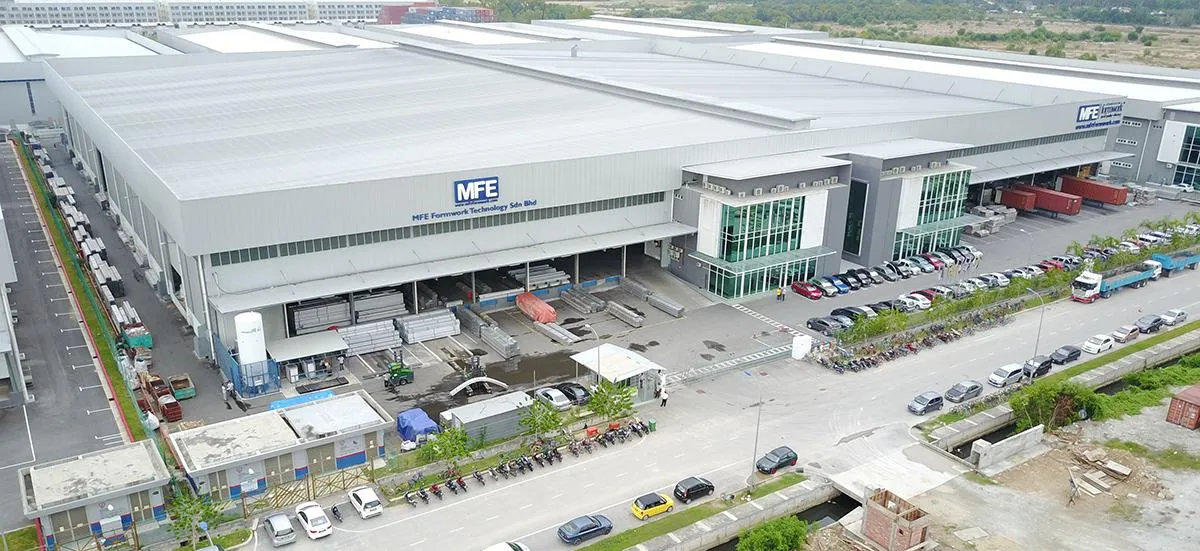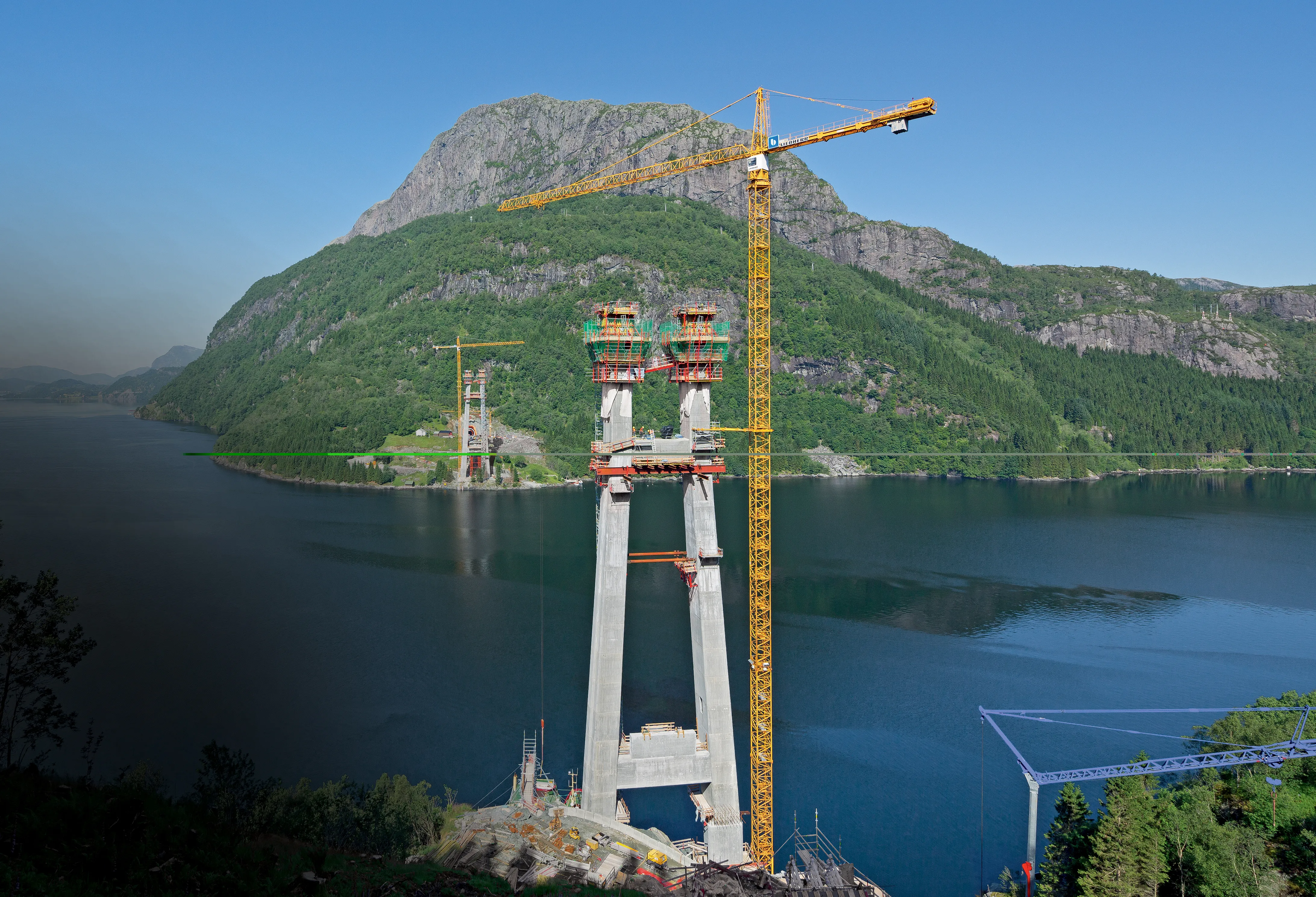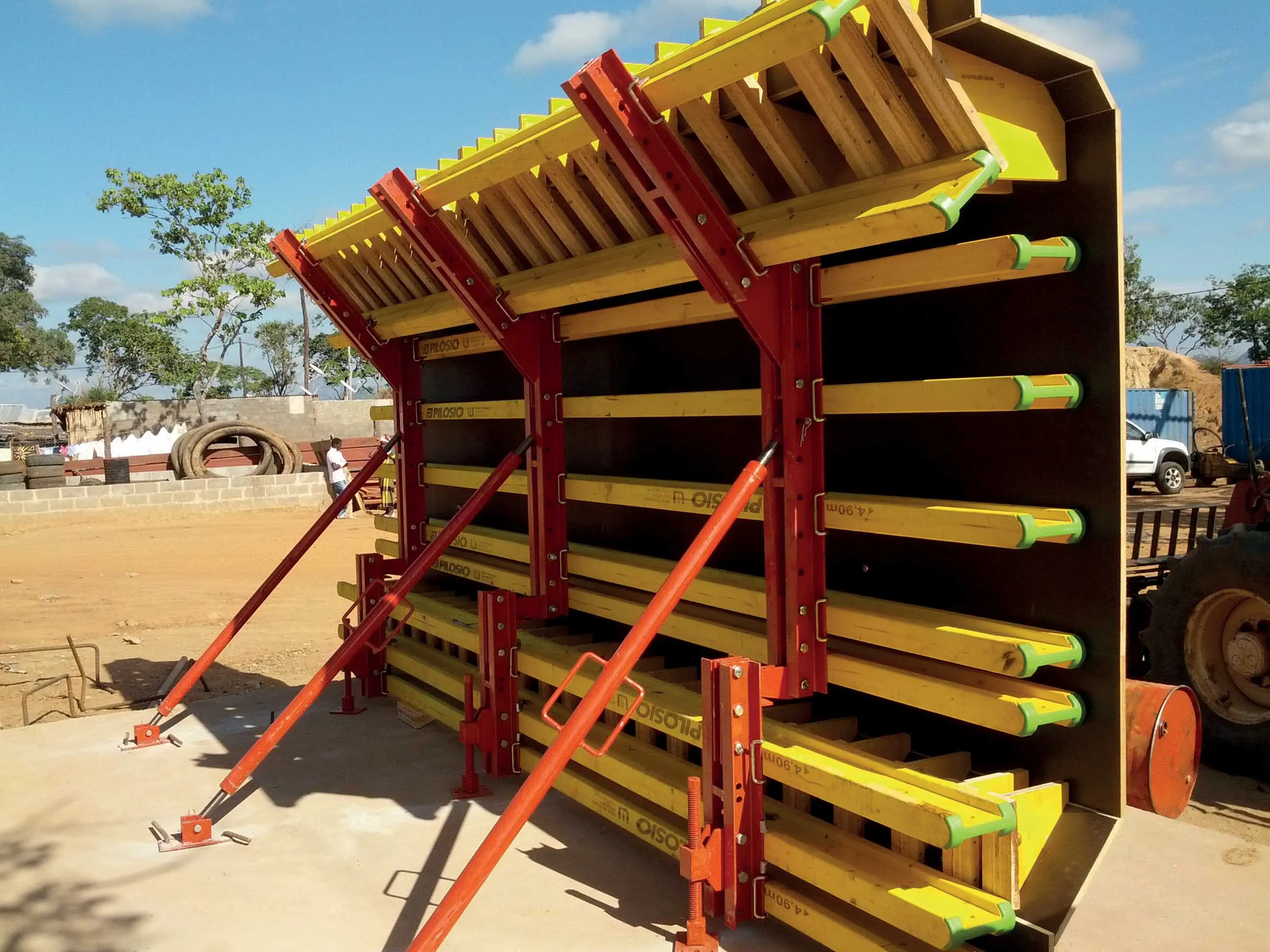
MFE Formwork Technology, a provider of monolithic aluminium formwork and based in Malaysia, is now part of Doka, part of the global Umdasch Group.
Doka says that together they are now the major player in the Asia-Pacific region for customers looking for a solution from a single source.
Doka, based in Austria, has earmarked the Pacific and North American regions as a growth market for the company, explained Robert Hauser, chief executive of Doka. “We have been in a sales partnership for many years, which we are now taking to the next level. MFE is an experienced company with great expert know-how.”
Founded in 1991 and employing more than 2,200 people, MFE’s monolithic formwork allows elements such as slabs and walls to be formed in a single pour, resulting in a seamless, jointless structure. This technique is particularly suited to projects with less complex and repetitive geometric requirements.
Doka, on the other hand, specialises in steel formwork in combination with timber and is characterised by solutions in the large-scale sector. Hauser said MFE gains Doka’s extensive global sales network and is active in over 60 countries with more than 170 locations.
MFE’s monolithic formwork systems, decking systems, column systems and self-climbing platforms, are all designed at the company’s headquarters in Kuala Lumpur, Malaysia, said Pat Gorham, chief executive of MFE. “This partnership further fortifies our ability to cater to our clients’ needs and we’re incredibly enthusiastic about the future prospects that lie ahead.”
Early last year, Doka completed its 100% acquisition of the US-based scaffolding manufacturer and rental business AT-PAC. Both companies initially partnered in 2020 to provide comprehensive global construction site solutions. Doka says that the acquisition positions Doka as a single source for formwork and scaffolding for the global construction industry and strengthens the company’s new global business segment called Industrial Scaffolding.








